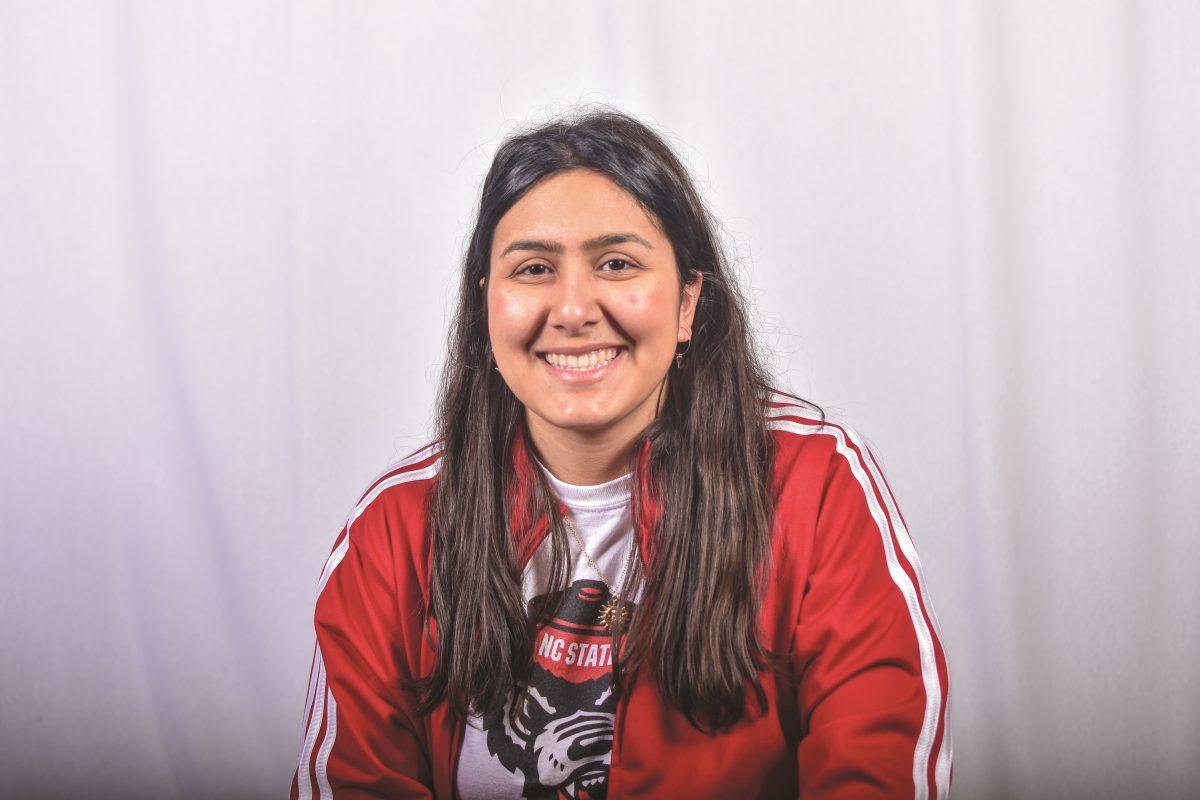As the semester comes to a close, every college student is worried about one thing right now: finals. You mention this word around any college students right now, and it’s like that iconic “Jaws” scene where the sheriff screams “Get out of the water!” I had an exam on Monday, and as I write this, I think back on it and it wasn’t as bad as I figured.
It is an understatement to say that this is a stressful time for students. Between having to deal with being forced to move back home or staying on campus due to COVID-19, the hassle of online courses and being away from friends, finals are an added stressor.
Fortunately, there are ways to stay motivated even during this pandemic. Georgetown Student Health Services reports that some keys to reducing stress during finals are exercising, eating well, limiting caffeine and sugar intake, making time for one’s self every day and more. Self-care is one of the most loving actions you can do for yourself. It is one of the best ways to reduce those feelings of anxiety, which is something that is much needed in such a time of uncertainty.
Self-care is proven to have many benefits. According to VeryWellMind, the merits of self-care include bettering physical and emotional health, giving you much needed alone time and providing soothing feelings that are precious in times like these.
A huge issue that definitively takes a toll on college students, including myself, are sleep habits.
According to research done by the University of Georgia’s Health Center, “On average, most college students get 6-6.9 hours of sleep per night, and the college years are notoriously sleep-deprived due to an overload of activities. Recent research on college students and sleep indicates that insufficient sleep impacts our health, our moods, our GPA and our safety.” While sleep necessities are usually determined by age, college students should be getting eight hours of sleep per night. I’ll admit, it’s been a while since I got this much sleep, but being home has definitely changed that.
Besides feeling better when well-rested, getting more sleep strengthens our immune systems, and right now, that’s something we should all be worried about. Helping our immune system makes us stronger to fight the flu, the common cold and, of course, the infamous COVID-19. Sleep is also a time of healing for your vital organs and other bodily systems that need refueling. The National Heart, Lung, and Blood Institute states that prolonged sleep depravity is associated with a higher risk of heart disease, kidney disease, high blood pressure, diabetes and stroke.
While physical health is important, mental health is just as crucial, and sleep affects it tremendously. Bad sleep habits inadvertently affect depression and anxiety. Depression can make you feel extremely run-down and unmotivated, while anxiety can make you feel worried about many things at the same time. Both negatively affect sleep habits, and if you are struggling with any mental health issues right now, I highly recommend you seek assistance from our NC State counselors.
During shark week, it is also important to sleep enough because sleep affects memory retention. Healthy Sleep tells us that “Research suggests that sleep helps learning and memory in two distinct ways. First, a sleep-deprived person cannot focus attention optimally and therefore cannot learn efficiently. Second, sleep itself has a role in the consolidation of memory, which is essential for learning new information.” Memory is critical right now for every college student, especially with the transition to online learning, which, for many, has made classes much more difficult. Getting more sleep can help you get through finals and actually retain the topics you are learning in your courses.
As the protagonist in “Jaws” had to adapt to beat the monstrous great white, NC State students, you can approach finals with the same attitude. It may seem like a bleak ending to a semester, but all in all, the course work is being lifted off your shoulders and this relieves stress. To survive shark week, I have three tips: self-care, sleep, study. These key actions will not only make you feel better, but will help you do better in your finals. Good luck to all!














